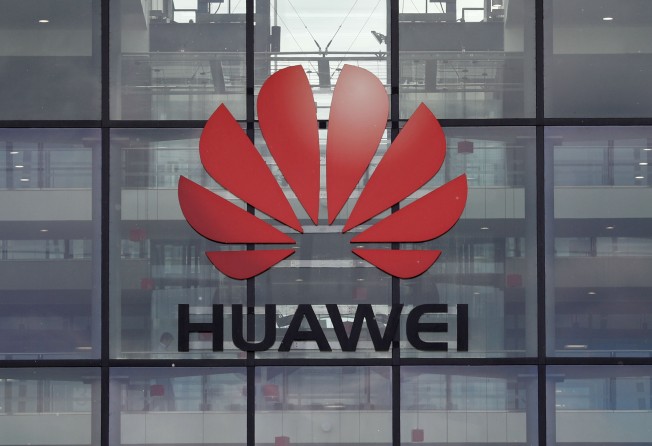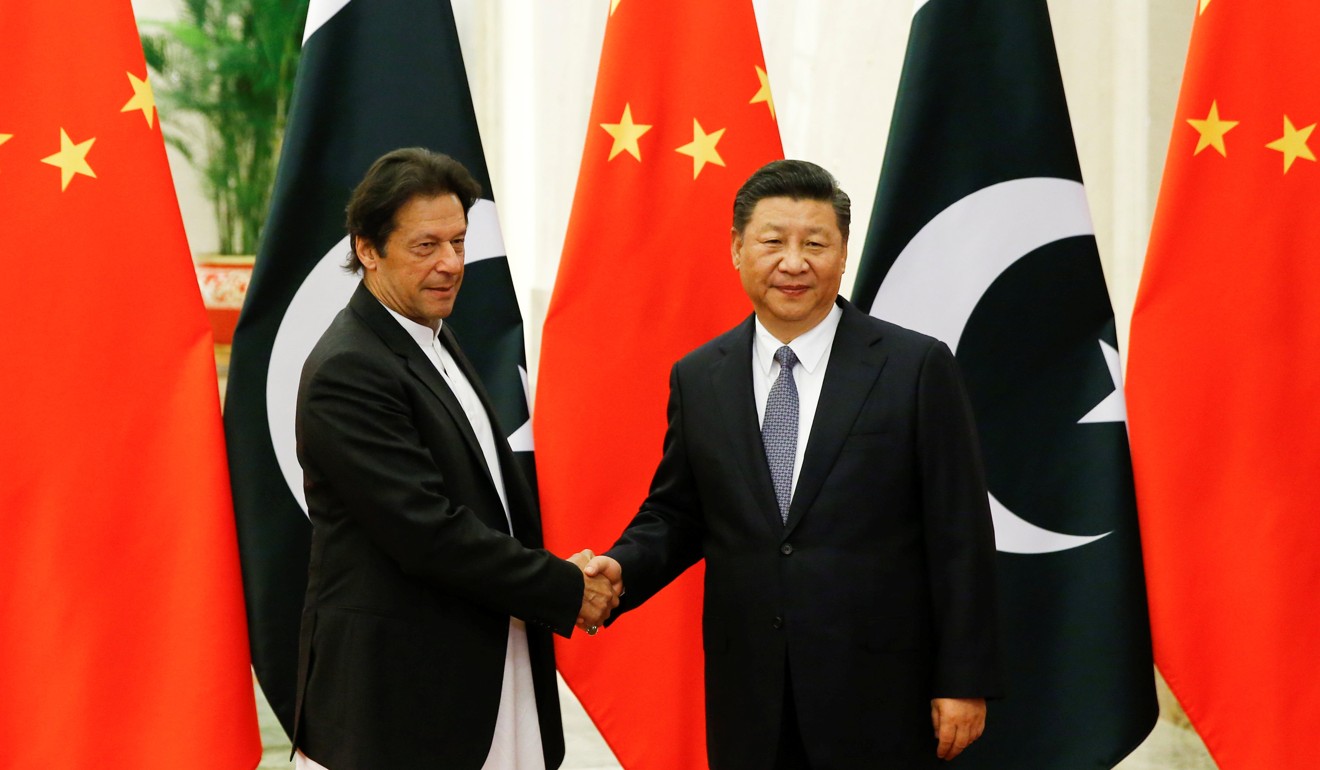China’s Huawei protests after Pakistan authorities tear down security barriers at its Islamabad office
- City officials say the structures, commonly found outside high-rise buildings, are encroaching on government land
- However, Huawei says its workers are at risk, pointing to recent attacks on Chinese nationals and interests in Pakistan

Embattled Chinese firm Huawei has been caught in the crosshairs of Pakistan’s crackdown on illegal structures after authorities tore down security barriers at the telecommunications giant’s offices in Islamabad, saying they encroached on state land.
Enforcement teams from the Capital Development Authority (CDA) on May 15 removed the barriers and other structures from high-rise buildings, including the tower housing Huawei’s office, in the Blue Area business hub.
The management of Huawei’s Pakistani operations reacted furiously, according to a senior executive, who pointed to the threat faced by Chinese interests in the country, especially after attacks in the province of Balochistan and last year’s raid on China’s consulate in Karachi.
Huawei’s Islamabad offices are in the 14-storey Saudi Pak Tower. The tower’s management tried to prevent the security barriers’ removal, but police teams assisting the CDA ensured the task was completed.
“CDA teams stormed the Saudi Pak Tower in the afternoon on Wednesday and tore down the security check room without prior notice,” a management spokesman said. “The security check room ensured the safety of the entire building, which is home to the offices of a number of foreign companies, including Huawei.”
According to a senior employee at Huawei Pakistan, the surprise raid prompted the company to evacuate its staff in a rush. The employee, who said he was not authorised to speak publicly on the matter, said this affected the company’s operations.
“CDA’s action today has sent shockwaves through Huawei officials and workers,” he said. “Considering the rising risk of recent terrorist attacks, this behaviour also further increases foreign companies’ concerns about security risks involved in doing business in Pakistan.”
It was not Huawei specific
Islamabad mayor Sheikh Ansar Aziz told the South China Morning Post the CDA operation to remove structures encroaching on state land was carried out under an order by the Supreme Court of Pakistan.
“It was not Huawei specific,” he said.
The Huawei Pakistan employee said the company was currently in negotiations with the police and CDA to see what could be done to ensure the safety of their staff.
Huawei has 1,600 employees working in Pakistan, 144 of whom are Chinese nationals who mostly work and live in Islamabad.
According to The News, a local English daily, the company spent US$224 million on local procurement last year, and invested US$10 million to establish a Huawei Technical Support Centre staffed by 800 engineers.
The telecoms giant is currently working to roll out 5G infrastructure across Pakistan as the Muslim-majority country of 197 million people plans to commercially deploy 5G services in the second half of 2020.

The launch of the China-Pakistan Economic Corridor has seen a large influx of Chinese companies and workers into Pakistan.
The CPEC, part of Beijing’s ambitious Belt and Road Initiative to boost global trade, will connect the deep-sea port of Gwadar in Pakistan’s Balochistan province to the city of Kashgar in China’s Xinjiang province.
According to data from the Pakistan-China Joint Chamber of Commerce and Industry, there are currently 750 Chinese companies working on various projects across Pakistan. In 2018, Pakistan issued 55,000 visas to Chinese businessmen and workers.
Masood Khalid, Pakistan’s ambassador to China, said the number was likely to grow in the future.
In 2016, the Federation of Pakistan Chambers of Commerce and Industry revealed that at the current rate, the influx of Chinese nationals into Baluchistan following the CPEC’s completion would see the area’s native population outnumbered by 2048.
The Balochistan Liberation Army, which has been fighting a long-running insurgency against the Pakistani government, has said Chinese businesses and nationals in the country are now their No 1 target. They fear the wave of investment from Beijing will turn them into a minority in their own province.